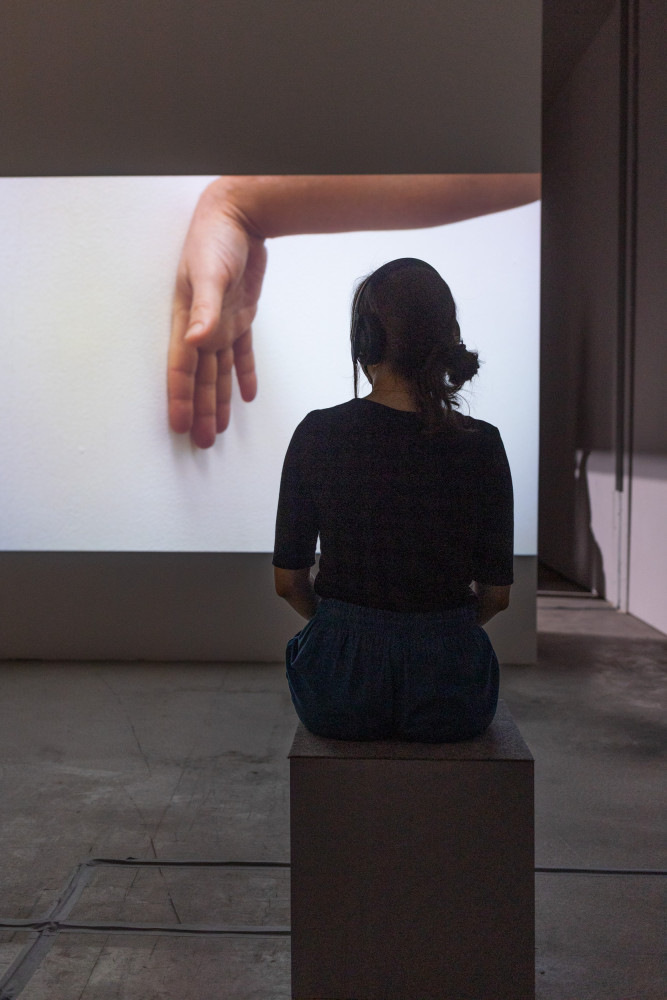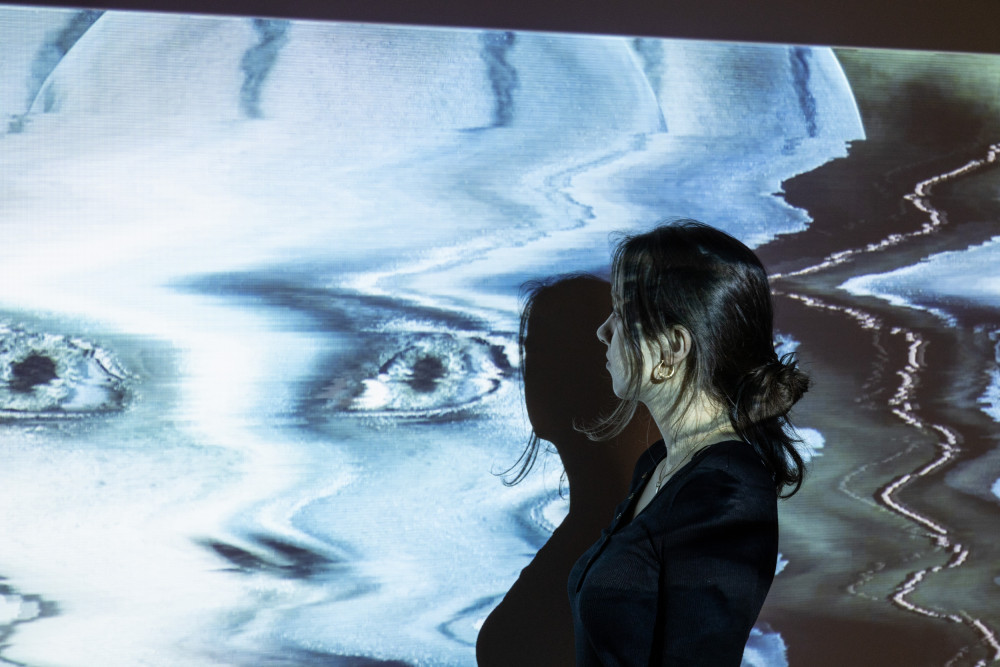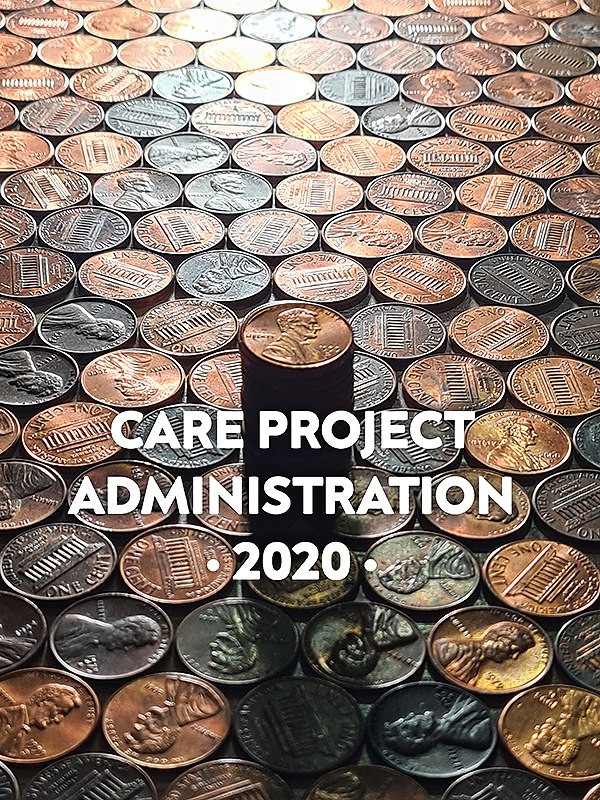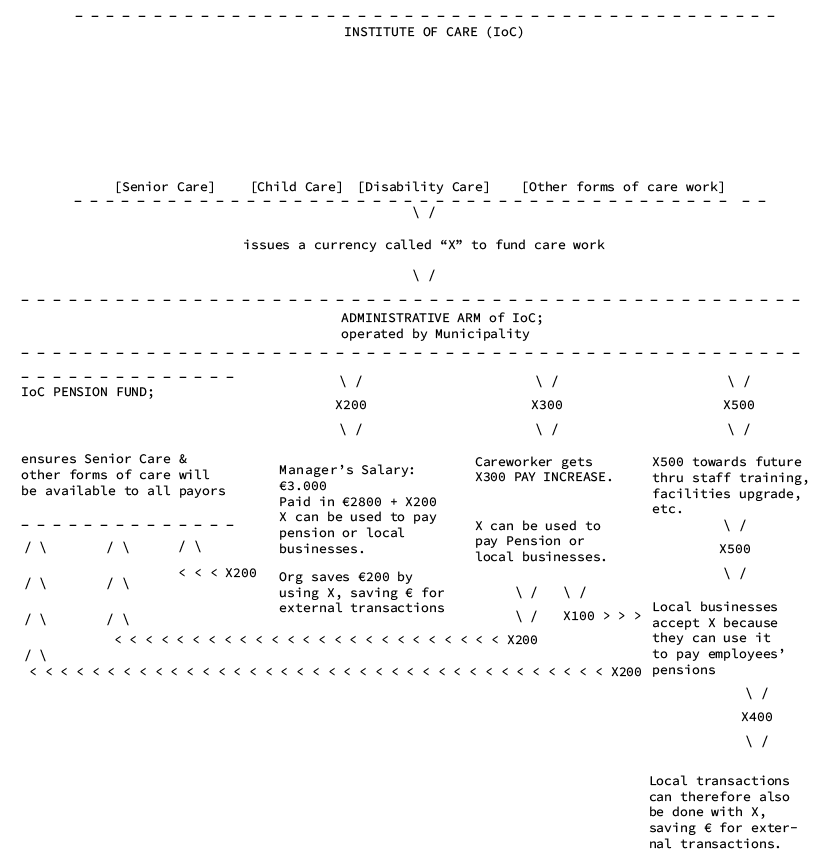The term ‘care’ is a defining characteristic that separates humans from machines. This project by the collective Forms of Ownership consists of three individual works (single screen and paper works) that look at different aspects of care:
The Care Manifesto: Proposal for an Exhibition (Vienne Chan, Boris Oicherman)
A model for a parallel currency to promote a care-based economy
Money is not a fixed object; it is a representation of rights to resources, and as such it is a social medium. It is a medium that shapes much of society. This project approaches money as an artistic medium and constructs a model for a care-based economy, with a specific focus on financing elderly care.
Approaching money as an allocation of rights rather than as an object, Vienne Chan and Boris Oicherman look beyond zero sum narratives towards how care could be better economically represented, and perhaps even re-define the economic stories that shape much of our social lives. The artists look at how social relationships can be organised for a successful parallel currency to address the lack of financing care work receives. Money as an allocation of rights to resources is more than just a medium of exchange and trade. The project aims to look beyond private interests towards the relationship between money and public social infrastructure.
Instructions for Proper Care (Alan Cunningham)
Care as physical embodiment beyond codification
Beyond the economic or legal framework for elevating the act of care is an unquantifiable aspect, an aspect that cannot be codified – perhaps an aspect best defined only in opposition to legal or economic regimes, and thus requiring their framework in any event. How do we prepare for acceptance of care given, something equally as problematic considering the societal mythologies of autonomy, independence, etc. so deeply embedded in constructions of the self and the econo-legal framework? By a respectful reaction against econo-legal protection and in exploring the embodied act of care given and accepted in the context of everyday interactions/reaction toward, for example, limb impairment (and the important aspect of requirement/expectation of dexterity), we hope to present some alternate understandings of care as an embodied act per se. This work is a single channel projection.
Propaganda Office (OPA (Obsessive Possessive Aggression))
The influence of narratives on economics and in turn, people’s capacity for care
One of the most commonly mentioned figures in diverse contexts and probably a new model for political leadership is undoubtedly the phenomenon called Donald Trump. Controversial electoral campaigns have existed in the history of the US, but the 2016 elections have used a specific set of tools and mechanisms that contributed to the election outcome. To name just a few of these mechanisms: fake news, conspiracy theories, click farms, fake social media groups, etc. Tools that can shape public opinion to a great extent and are available to virtually anyone. The opportunity offered by these tools to the centres of power, but also to the oppressed and powerless, was an incentive strong enough for us to start this project.
This single channel work analyses and develops propaganda mechanisms as tools that could function and be applied in the context of care as common good. The collective explores how narratives can transform individually driven action into a socially beneficial outcome.
Instructions for Proper Care Care as physical embodiment beyond codification (Alan Cunningham)
Propaganda Office The influence of narratives on economics and in turn, people’s capacity for care (OPA)





